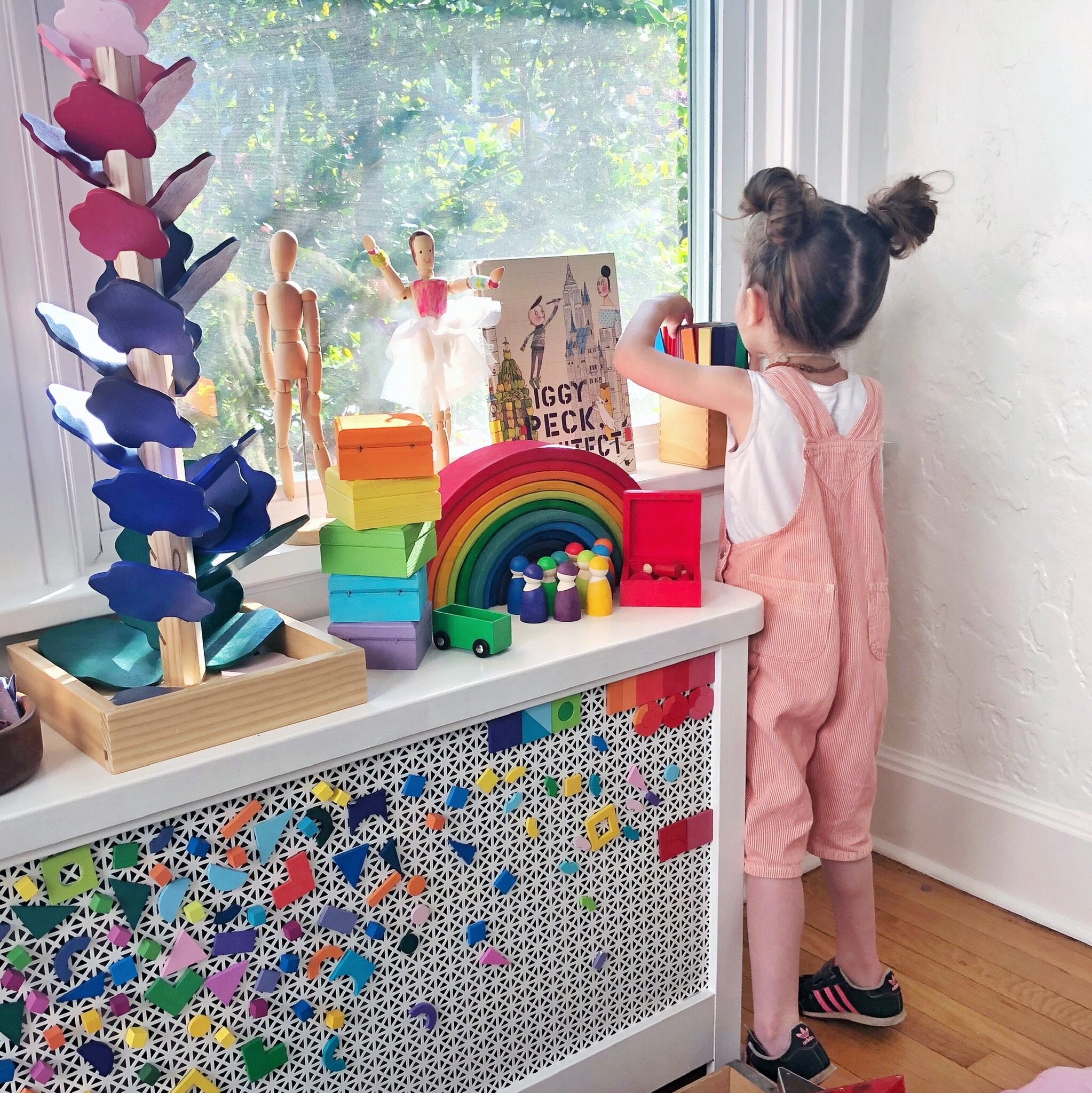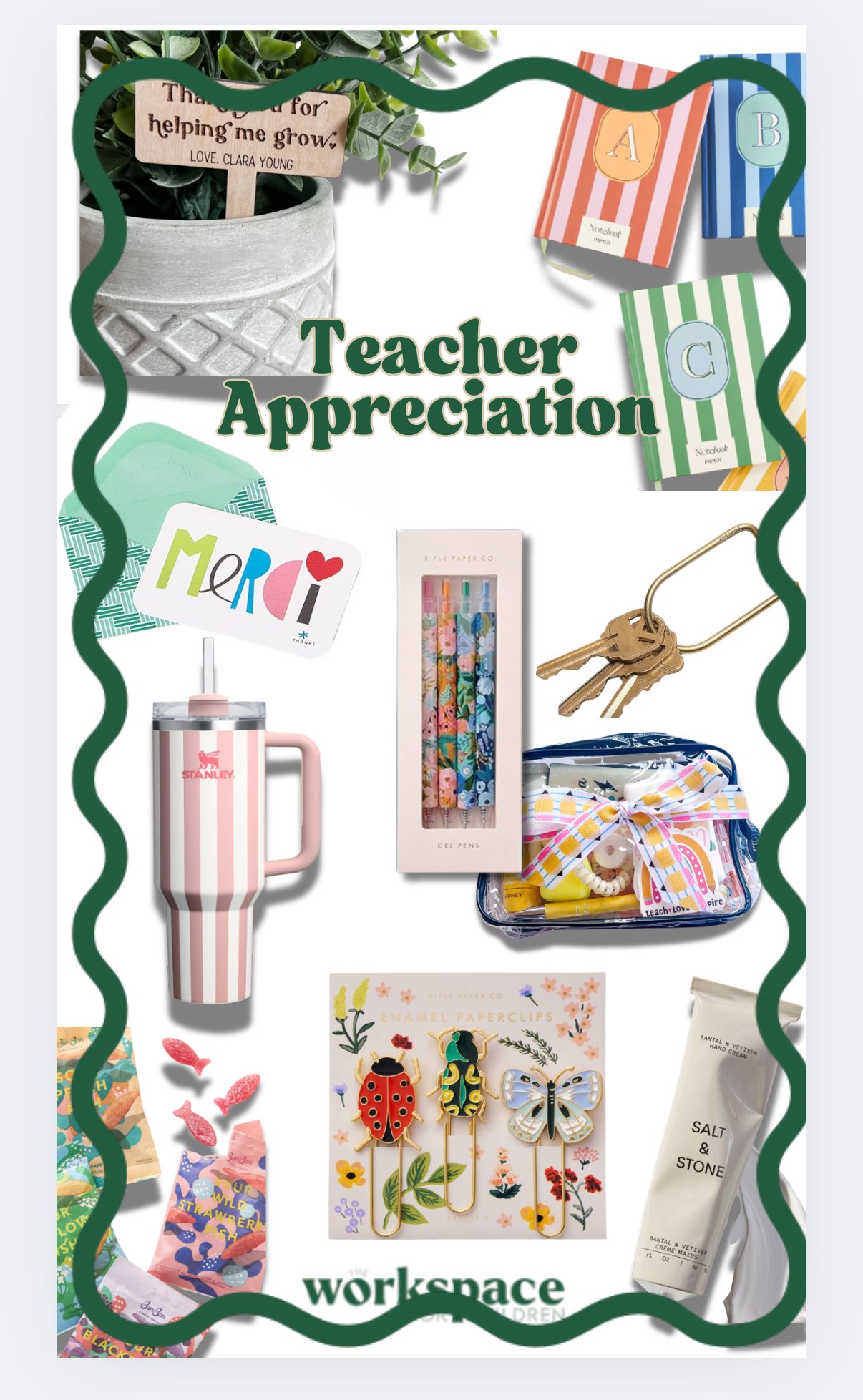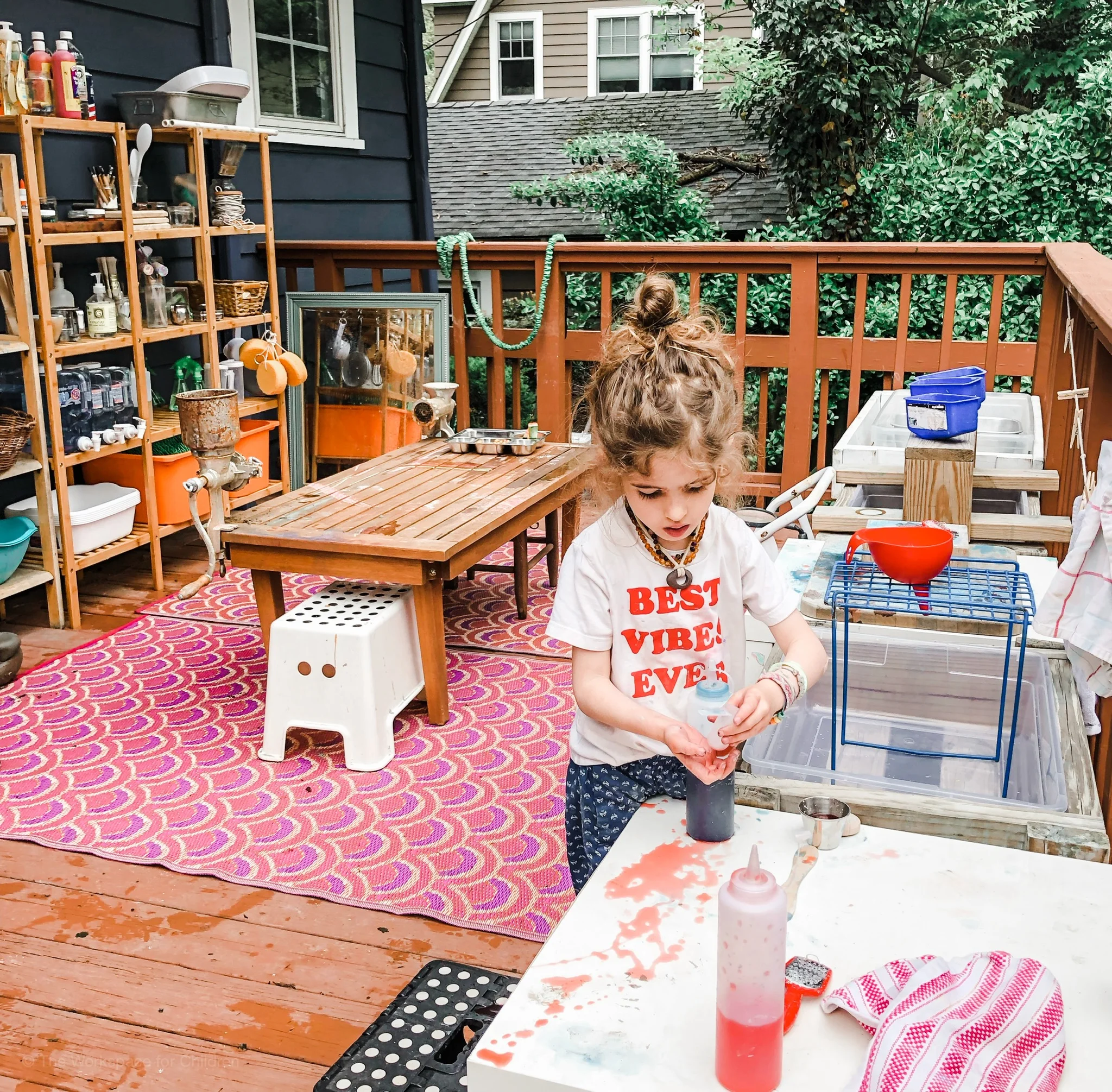How to Respond When Others Question Your Child's Play Time
/"But shouldn't they be learning something?"
"Don't you think they need more structure?"
"Are you sure they're getting enough enrichment?"
If you've heard comments like these about your child's play time, you're not alone. In today's achievement-oriented culture, the value of unstructured play is often misunderstood or underestimated, even by well-meaning family members, friends, and educators.
Why Play Gets Questioned
There's immense social pressure to ensure children are "getting ahead" from the earliest ages. This manifests in packed schedules of classes, activities, and structured learning experiences, often leaving little room for the seemingly “simple” act of play.
The problem isn't with enrichment itself—many structured activities offer wonderful benefits. The issue arises when these activities crowd out one of the most powerful developmental tools children naturally possess: their capacity for self-directed play.
What Research Actually Tells Us About Play
Before we get to those responses, let's ground ourselves in what developmental research consistently shows:
Play develops executive function - Through play, children practice planning, focusing attention, and switching between tasks—skills that correlate more strongly with academic success than IQ does.
Play builds social-emotional intelligence - When children navigate pretend scenarios or collaborate in play, they're developing empathy, emotional regulation, and social problem-solving.
Play fosters creativity and divergent thinking - Open-ended play creates more neural pathways than directive instruction, promoting innovative thinking that standardized education often doesn't address.
Play allows for deeper learning - When children explore concepts through play, they integrate knowledge more thoroughly than when information is simply delivered to them.
Responding with Confidence
When someone questions your child's play time, you don't need to become defensive or launch into a lecture on developmental psychology. Instead, try one of these straightforward, confident responses:
"Play is actually their most important developmental work right now - it builds problem-solving, creativity, and focus in ways structured activities often can't." This response acknowledges that play isn't just fun—it's functional. It directly addresses the misconception that play and learning are separate activities.
"We've found that giving them unstructured time leads to deeper learning and independence skills that serve them in all areas." This frames your choice as deliberate and informed by what you've observed in your own child, making it harder to dismiss.
"What looks like 'just playing' is actually them building neural connections that support everything from language to math to emotional regulation." This response brings in the neurological perspective without getting overly technical, helping others understand the invisible but crucial development happening during play.
"We're being intentional about making sure they have plenty of time to practice the valuable skill of self-directed play." This positions play as a skill to be developed rather than just a leisure activity, and frames your approach as purposeful rather than passive.
"When we step back and trust their natural curiosity, they show us exactly what kind of learning they're ready for." This highlights the child-led aspect of learning through play and positions you as a thoughtful observer of your child's development rather than simply letting them "do whatever."
Setting Boundaries Around Unsolicited Advice
Remember that while these responses can be helpful, you're not obligated to justify your parenting choices to anyone. Sometimes a simple "This approach works well for our family" is sufficient.
If certain people consistently question your choices despite your thoughtful responses, it might be worth having a longer conversation about your parenting philosophy and requesting their support, even if they don't fully understand or agree.
Finding Your Balance
Most families benefit from a mix of structured activities and free play. The right balance depends on your unique child, their temperament, interests, and developmental stage. Trust your observations and knowledge of your child to guide these decisions.
What matters is that play isn't treated as merely the absence of learning or something children do only when there isn't a "more valuable" activity available. Play deserves its own protected space in childhood—not just as a break between lessons, but as a vital developmental experience in its own right.
Next time someone questions why you're "just letting your child play," remember: you're not defending an absence of learning, but advocating for one of the most powerful forms of learning available to children.
I hope you enjoyed this blog! If you want to keep up with more Workspace for Children content, follow along on Instagram by clicking HERE.
Want To See More Blogs Like This One? Great! Check Out The Posts Below!
Check Out Our Ebooks!
If you are someone who wants to introduce more unstructured play into your child's life, but you're not sure where to start, check out The Play Plan, a simple guide with 25 open-ended play prompts using materials you already have at home. These aren't complicated setups or expensive activities—just straightforward ways to invite your child into the kind of play that builds independence, creativity, and problem-solving skills. Each prompt can be adapted for different ages and interests, making this a resource your family can use for years to come.








